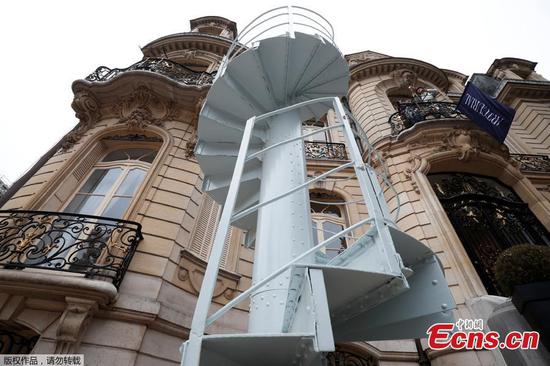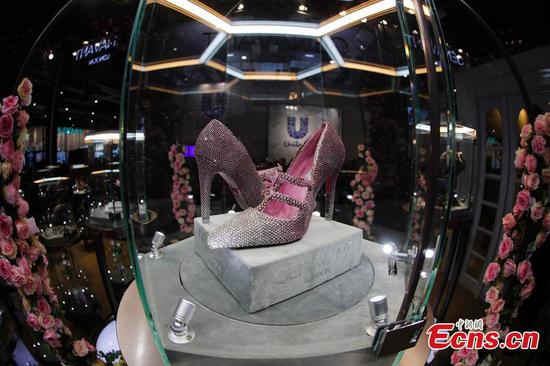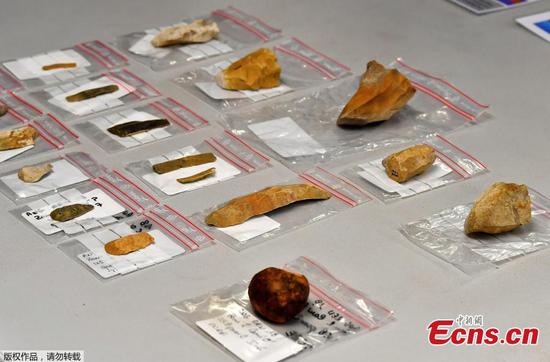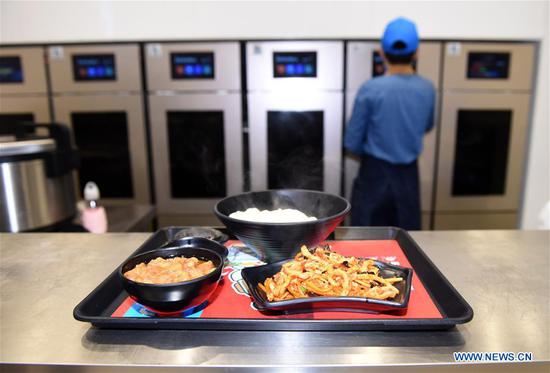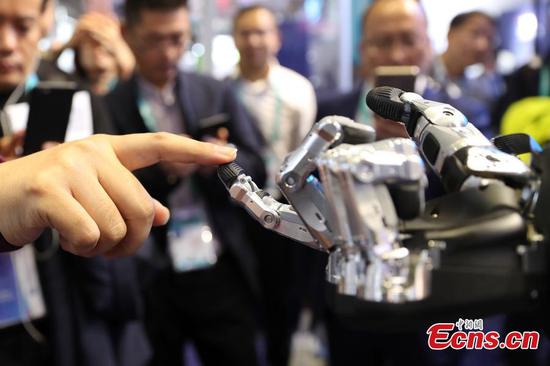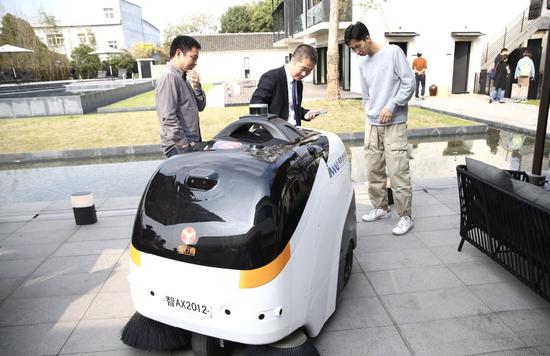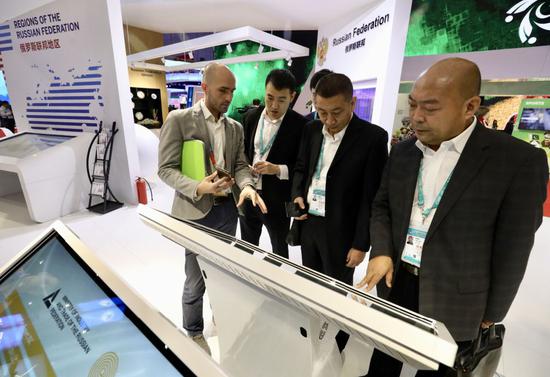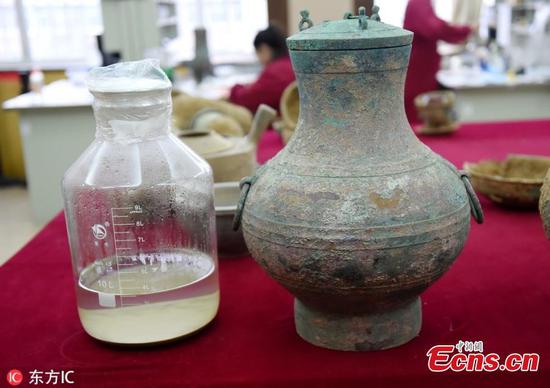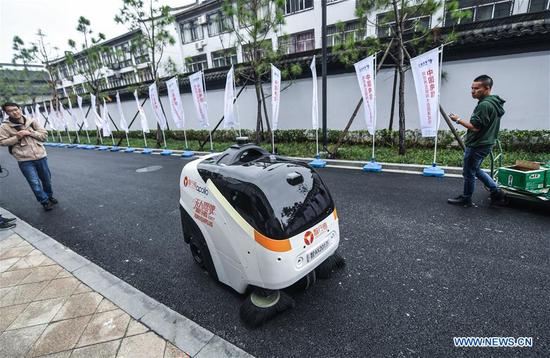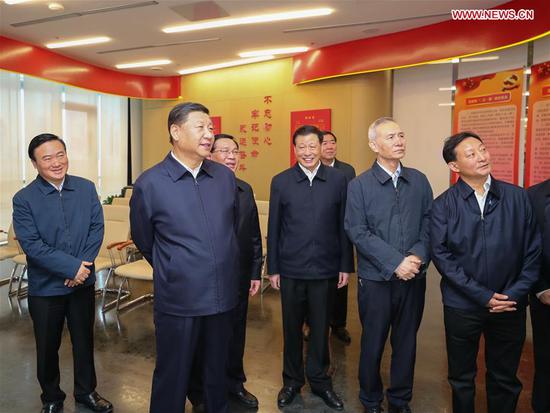
A FedEx sales representative talks with a customer at the multinational logistics company's booth at the expo on Thursday. (Photo by Feng Yongbin/China Daily)
The China International Import Expo is serving as a platform to bring multinational logistics companies closer to the world's second-largest economy.
"From CIIE, FedEx expects to learn more about our customers and the import trade. We want to better understand the products Chinese consumers want and their shipping needs. We also want to better understand importers' logistics and their shipping requirements," said Frederick Smith, chairman and CEO of FedEx Corp.
The courier company has recently deployed all-electric vehicles in 13 Chinese cities.
"We're targeting existing and potential customers with international shipping needs, especially small and medium-sized companies. They are one of the key drivers of import and export growth around the world," Smith said.
Likewise, UPS has just rolled out several new stations for its intercontinental rail service connecting China and Europe, improving connectivity for businesses in both regions.
The UPS rail service presents a competitive solution because companies can save up to 65 percent in costs compared with airfreight, and benefit from time savings of nearly 40 percent when compared with traditional ocean transportation.
"CIIE 2018 is providing UPS with a platform to share cross-border trade insights and best practices gained from working with customers in China over the past 30 years," said Harld Peters, president of UPS China, adding that it is an opportunity for the company to gain a better understanding of the challenges facing Chinese businesses.
CIIE is also being seen as a way for China to drive restructuring of the import environment. The expo is revealing increasing demand for supply-chain optimization and operational efficiency from customers in different sectors, including retail, high-tech and industrial manufacturing and automobiles.
"We support China's goal of further opening up its markets. In doing so, it provides broader opportunities for almost all business sectors," Smith said. "FedEx is pleased that the Chinese government continues to roll out policies and measures to remove obstacles to economic development and business operations."
Senior executives said that as China continues to implement reforms and progresses toward greater market openness, the logistics industry is also transforming to meet the dynamic needs of Chinese businesses as they engage in more global trade.
By 2021, China will add $1.8 trillion in new consumption, which will be roughly the size of Germany's consumer economy and more than 25 percent of overall growth in consumption in major economies.
"Logistics is the backbone of increased cross-border trade, and will bridge the gap between complex global value chains and new consumer pools," Peters said. "We are feeling optimistic about the future of the logistics industry because we see great opportunities."
Smith said: "FedEx is committed to long-term development in China. We want to help businesses in China harness the full potential of global trade opportunities."










